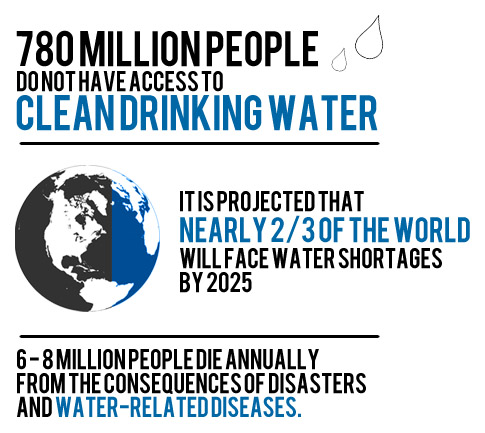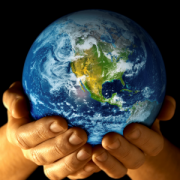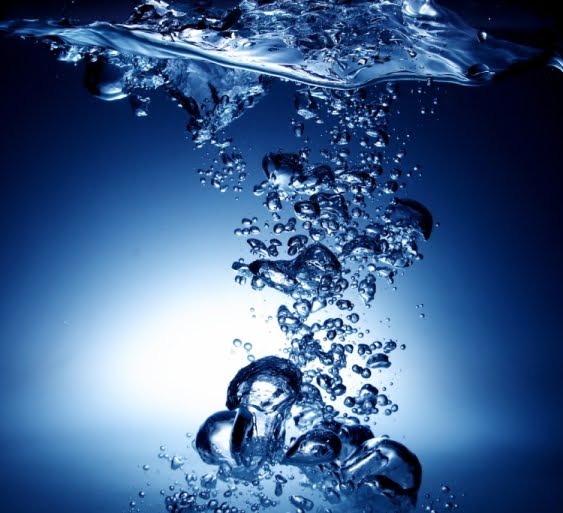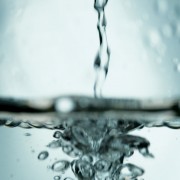World Water Day

This stuff keeps me going…
BY KIM MILLER | March 22, 2013
As I sit down to write this post on World Water Day, I can’t stop thinking about the ways water has played an integral role in my morning routine. There’s that coffee I’ve been slurping down to ward off the scary caffeine withdrawal headache interspersed with sips of H20 fresh from the bathroom sink, my morning shower and decision to wear jeans this morning, the bathroom break and hand washing. The list keeps going…
I’ll admit it: on most days, I don’t actively think about my water usage beyond the quick reduce, reuse, recycle decisions. Frankly, I often take it for granted. And then days like today come around to give me a kick in the butt and remind of what’s at stake when it comes to H20–millions of lives.
So, I invite you to join me in facing some water facts today:
Source: United Nations World Water Day 2013
Then there are the sobering water consumption statistics, like the fact that it took 2,900 gallons of water to produce the jeans I’m wearing today. Or that my 5 minute shower this morning used the same amount of water that the average person in a 3rd world country uses in one day. You can find plenty more stats like this here.
Moving past the guilt trip, there are plenty of ways I (we!) can continue to curb our water usage and be more mindful of the water crisis affecting our brothers/sisters worldwide:
1. Cut down meat consumption. 1,800-2,500 gallons of water go into ONE pound of beef. Consider adopting a meat-free day beyond the season of Lent.
2. Reduce junk mail. 10-24 billion gallons of water go into producing junk mail each year. Get on the Do Not Mail list at directmail.com
3. Paper or Plastic? Neither. Bags, cups, plates, you name it, reusable is the way to go. Schools like Gonzaga University have banned the sale of bottled water on campus. Here in Cleveland, I’ve noticed those cool new reusable bottle filling stations at St. Ignatius High School and John Carroll University.
4. Ask policymakers to support small-scale farms. Currently, the United States agricultural subsidies provide more support for large-scale agribusinesses, but it’s the small-scale farmers who are more likely to produce food in sustainable ways.
5. Learn more about the call for water cooperation. This year’s World Water Day theme is “Water Cooperation.” Since a majority of water sources do not exist within explicit political boundaries, water resources must be shared. Learn more about this issue on the UN website.
I’ll leave you with the words of Satoro: “Individually, we are a drop in the ocean. Together, we are the ocean.”
Kim Coleman is the Integrated Marketing Director for the Ignatian Solidarity Network.









Thank you for sharing! This article is a must read for every person interested in betting and wanted to expand their knowledge about the craft. Check https://betjee.com for more exciting games and unlimited earnings!